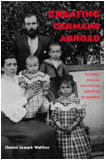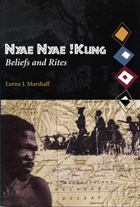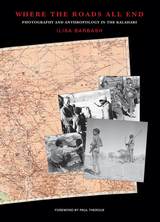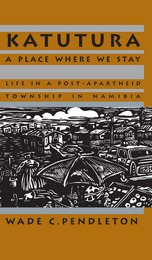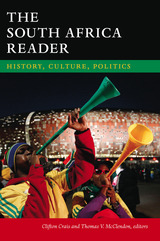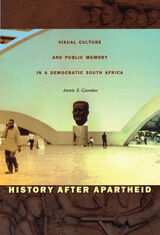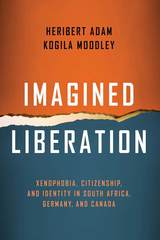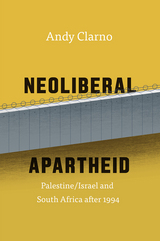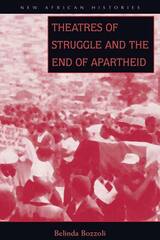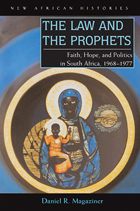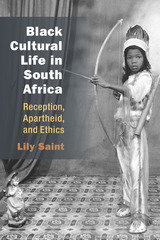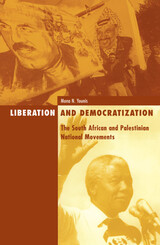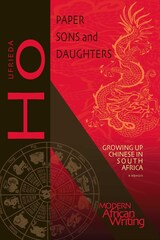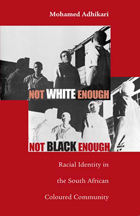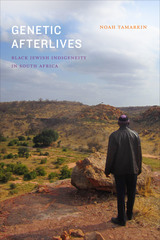Naturalizing Inequality: Water, Race, and Biopolitics in South Africa
University of Arizona Press, 2021
eISBN: 978-0-8165-4429-5 | Cloth: 978-0-8165-3950-5
Library of Congress Classification DT1756.M375 2021
Dewey Decimal Classification 305.800968
eISBN: 978-0-8165-4429-5 | Cloth: 978-0-8165-3950-5
Library of Congress Classification DT1756.M375 2021
Dewey Decimal Classification 305.800968
ABOUT THIS BOOK | AUTHOR BIOGRAPHY | REVIEWS | TOC
ABOUT THIS BOOK
More than twenty-five years after the end of apartheid, water access remains a striking reminder of racial inequality in South Africa. This book compellingly argues that in the post-apartheid period inequality has not only been continuously reproduced but also legitimized.
Michela Marcatelli unravels this inequality paradox through an ethnography of water in a rural region of the country. The Waterberg Plateau is a space where agriculture, conservation, and extraction coexist and intersect. Marcatelli examines the connections between neoliberalism, race, and the environment by showing that racialized property relations around water and land are still recognized and protected by the post-apartheid state to sustain green growth. She argues that the government depicts growth as the best, if not only, solution to inequality. While white landowners maintain access to water, however, black ex-farmworkers are dispossessed once again of this essential-to-life resource.
If the promise of growth serves to normalize inequality, the call to save nature has the effect of naturalizing it even further.
Michela Marcatelli unravels this inequality paradox through an ethnography of water in a rural region of the country. The Waterberg Plateau is a space where agriculture, conservation, and extraction coexist and intersect. Marcatelli examines the connections between neoliberalism, race, and the environment by showing that racialized property relations around water and land are still recognized and protected by the post-apartheid state to sustain green growth. She argues that the government depicts growth as the best, if not only, solution to inequality. While white landowners maintain access to water, however, black ex-farmworkers are dispossessed once again of this essential-to-life resource.
If the promise of growth serves to normalize inequality, the call to save nature has the effect of naturalizing it even further.
See other books on: Black people | Blacks | Sociological aspects | South Africa | Water
See other titles from University of Arizona Press


